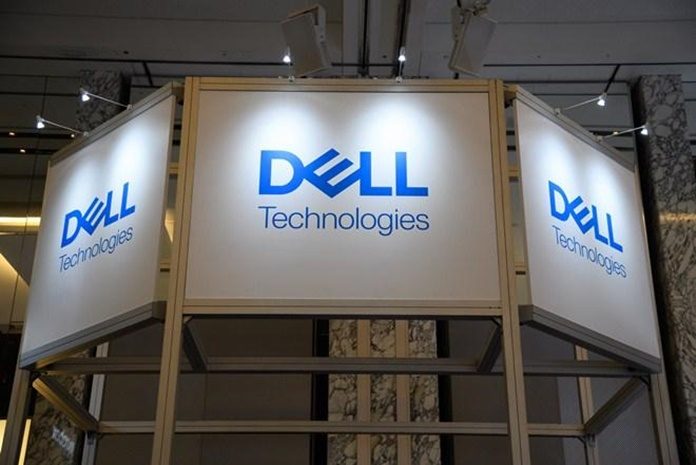At Supercomputing 2019, Dell Technologies is introducing several new solutions, reference architectures and portfolio advancements all designed to simplify and accelerate customers’ high performance computing (HPC) and artificial intelligence (AI) efforts.
Continued adoption of AI to solve real-world problems has spurred growth across the HPC industry. According to a recent report from Hyperion Research, the global HPC industry is expected to grow by 7.1 percent to more than $39.2 billion by 2023 and HPC-server based AI is expected to rise by more than 29 percent from 2018 to 2023, reaching $2.7 billion in 2023.
“There’s a lot of value in the data that organizations collect, and HPC and AI are helping organizations get the most out of this data,” said Thierry Pellegrino, vice president of HPC at Dell Technologies. “We’re committed to building solutions that simplify the use and deployment of these technologies for organizations of all sizes and at all stages of deployment.”
“Our new solutions are designed to enable customers at all levels of maturity unlock the most from their data capital, using a confluence of simulation, modelling and machine learning techniques, which are powered by high performance computing. Each offering has been designed to meet the feedback of customers and address future market trends as well as pain points in the adoption of AI across the APJ region, “said Manish Gupta, Sr. Director and General Manager, Infrastructure Solutions Group, Dell Technologies India.
Dell Technologies advances storage solutions for HPC
Dell Technologies is expanding its portfolio of Dell EMC Ready Solutions for HPC Storage with new, turnkey solutions for ThinkParQ’s BeeGFS. Offering a combination of technology partners’ software with Dell EMC hardware, networking and support, based on engineered and tested designs, Dell EMC Ready Solutions for HPC Storage simplify and speed deployment and solutions management.
Dell EMC Ready Solutions for HPC BeeGFS Storage, with ThinkParQ’s software-defined parallel file system, speeds-up input/output (I/O)-intensive workloads with the ability to scale from small clusters to enterprise-class systems on premises or in the cloud.














